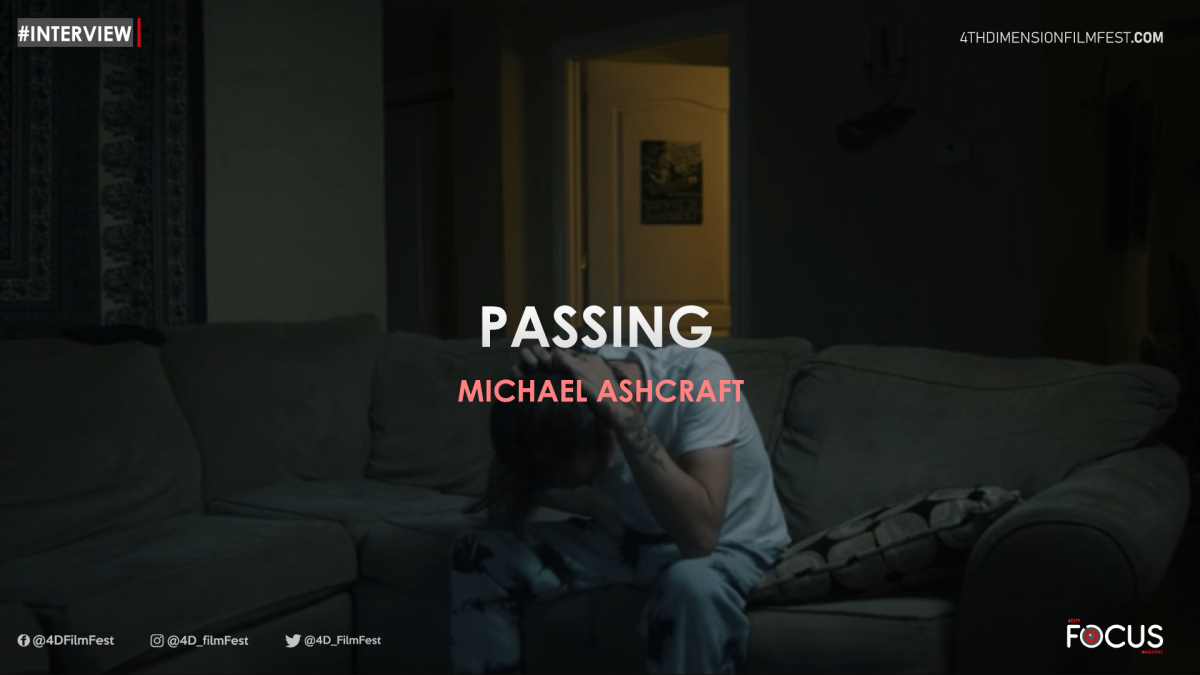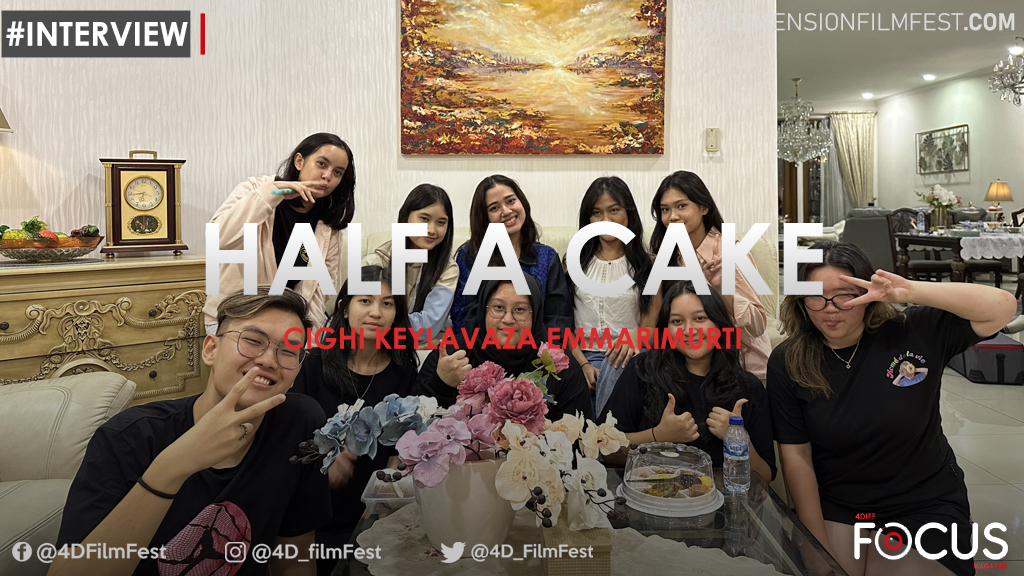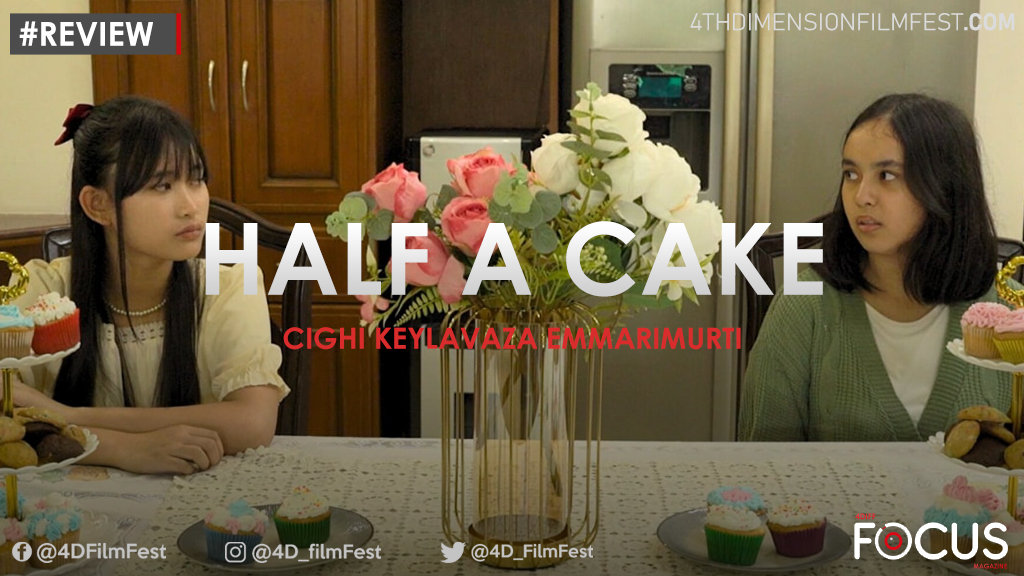First of all sir, I would like to thank you and congratulate you for making an important film, a powerful film. Why do you think sir, the story must be told? Why do you think this is the time when the story must reach each and every one?
A: My own mental health is something I’ve struggled with my entire life. No matter how much I explained to people what anxiety and depression felt like, it never felt like it was adequate. So that is why I made this film, to give everyone an idea of how it feels and to maybe even help someone. It is a stark look at the subject but I think it’s what we needed as an audience.
Sir tell us something about the title of your movie. What is the significance of the word passing in your movie? Does it signify a movement from one realm to another? Is the movement temporary in this case?
A: That’s absolutely right! It is to signify passing from one realm to another. Whether the movement is temporary or permanent is up to Lucas. He needs to decide if he wants to live forever in his current state of anguish or pass on to the final realm.
Sir, what got you hooked on the domain of the bioscope? Do you remember the first movie you watched? What was the experience like? Do you have an interesting story to share about the specific experience of watching your first movie?
A: Funnily enough I don’t have a story where I had this big epiphany about wanting to be a filmmaker after seeing my first film. That came later in life when I became a wedding photographer, I needed a change of pace and figured it was time to start telling my own stories.
What were the genres you preferred watching? Who were your favourite directors? Were you inspired by them? The way they told their stories, the messages in them.
A: I love thrillers and unsettling horror. My favorite director as of right now is Ari Aster, he has a way of telling a story in a way that gets under your skin and begs you to scratch.
Would you recommend a few movies for us? What would be your top five, all-time favorite movies? Movies you believe everyone must watch.
A: Great question! I would say (in no certain order) Hereditary, Midsommer, It follows, The Killing of A Sacred Deer and The lie. These are all great examples of making the audience uncomfortable without really knowing why until the end.
You have addressed issues of substance abuse, depression and suicide in your movie. Did you have to be extra careful while handling these sensitive topics lest you trivialize them? What were your thoughts while incorporating them into your script?
A: This is actually something I strived to stay away from when telling this story. I was tired of seeing Hollywood glorify these issues when they so clearly are very serious issues.
Tell us more about the process of writing the script. What was your first draft like? What was the initial plan? Tell us about your journey of writing from the first to the final draft.
A: Have you ever heard the term “vomit draft”? That’s exactly what it was. It was me just getting ideas onto paper. I had a good idea about where I wanted to go with the story but Lucas was a much different person in my first draft. The substance abuse was much tamer. The deal with death was vaguer. I sent the first draft off to a couple of people I trusted to give me constructive feedback and by draft 3 I had something I was really in love with and spoke to me more since the topics in this film are something that hit close to home for me. It’s something I’m passionate about raising awareness about and this was a unique voice that had promise and would stand out amongst all the other chatter.
What do you have to say about the performance of Jordane Edmondson as Lucas? I believe he did a fabulous job.
A: I will forever be thankful for Jordane’s performance, this film would not be half the film it turned out to be without him. He had no prior acting experience before this but I would give him direction and he would go all-in on every take. The hanging scene was his chef-d’œuvre if you will. I told him my vision for the scene and he loved it so much that he was willing to do just about anything to make it happen, safely of course.
The technical aspects of the film were impeccable. From the cinematography to the background score, everything fell in the right place. Tell us something about them.
A: As a photographer the one thing at the forefront of my mind was visuals, I wanted this film to be visually striking while also being uncomfortable to watch. So it felt like you wanted to look away but you couldn’t help but stare. I also wanted the score to feel epic yet haunting and eerie. It took hours of searching to find something that I really felt fit the mood. Jordane actually did one of the scores during the hanging scene after he drops till the time he falls to the ground that is Jordane’s score.
The movie was powerful in the presence of a number of prospects. The internal monologue played an integral part in it. The Faustian deal with death perhaps. Does he really experience an NDE (near-death experience) moment? Or was he merely dreaming? It appears to have a profound and permanent impact on Lucas. It changes him in a weird way like he has seen things that people around him haven’t.
A: This is something I really wanted to be up for audience interpretation, now I know what you’re thinking “Michael that is such a cop-out answer” and to a certain extent, sure. But the one thing I love about the film is being able to form your own idea and not necessarily having to wrap everything up in a neat little bow. If you want my answer on what I envisioned it meaning. Yes, Lucas did in fact have an NDE, and the time we spend with him is in 2 different realms 1 here on earth where he is alive but at the cost of living as a hollow shell. The other is in limbo where his soul is left in anguish and doomed to repeat the same day over and over.




